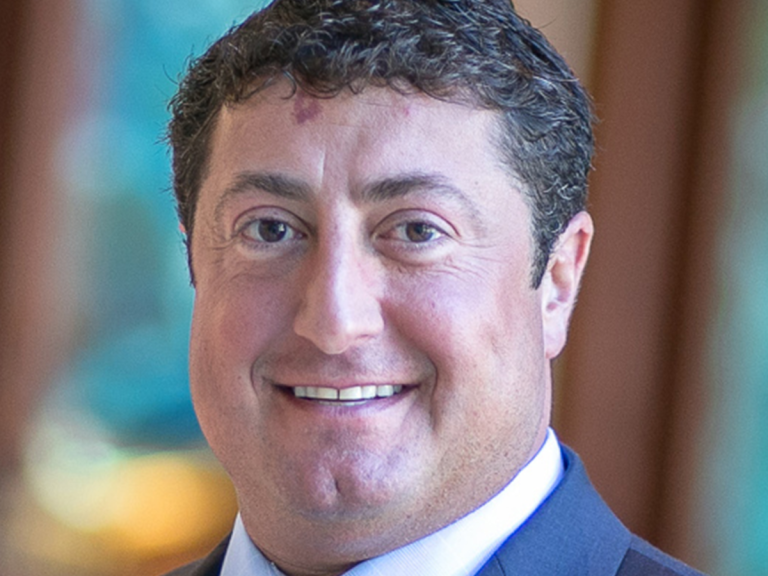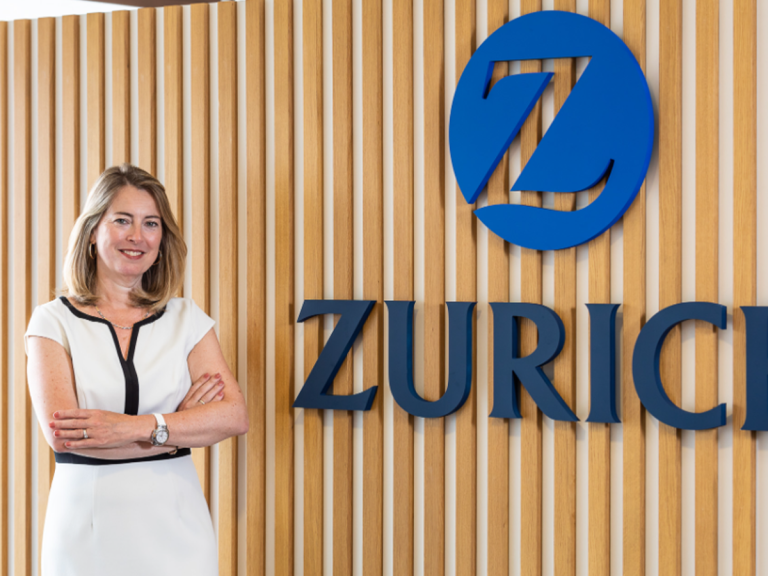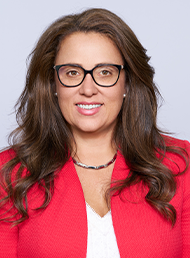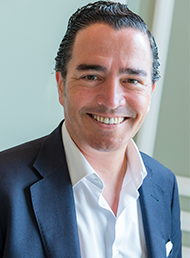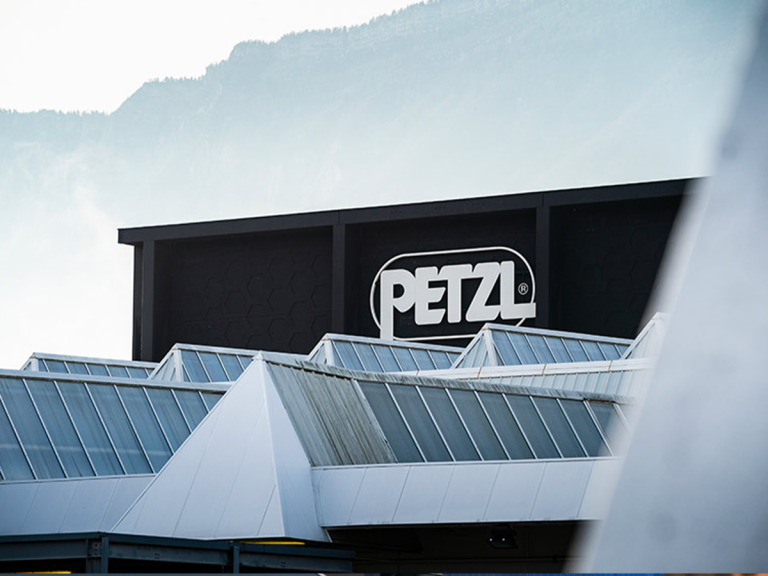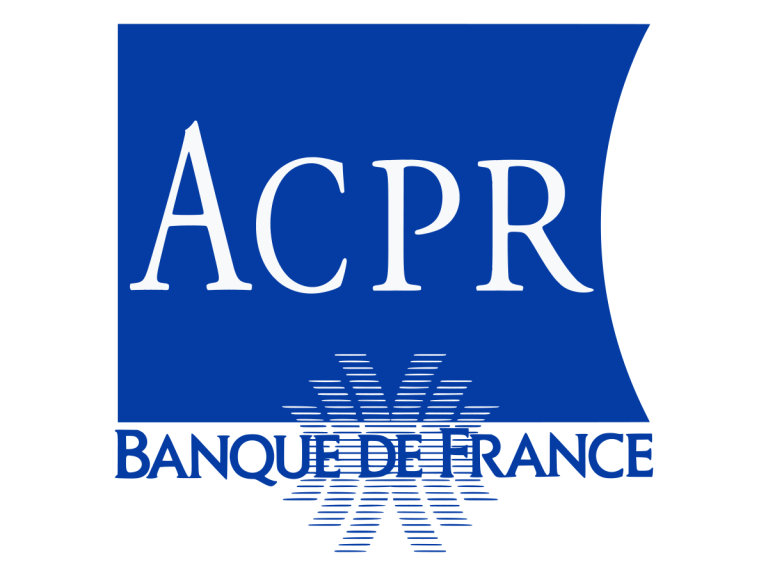CBI checklist hoped to streamline Irish captive application process
CICA welcomes UK captive consultation, “new era” for European sector
Spanish interest in captives growing, as more companies look to form
There are currently around five Spanish companies exploring the possibility of forming captives, Anna-Marie Jarvis, head of commercial insurance Spain at Zurich, told Captive Intelligence.
Spain does not currently have its own captive legislation, but there is growing discussion around captives looking to domicile in the jurisdiction.
Exolum and Acciona Energía recently formed captives, with both domiciled in Luxembourg.
Acciona Energia Re was formed in 2023 and is managed by WTW, while Cibeles Re was formed by Exolum at the start of 2024 and is managed by Marsh.
Speaking on the Global Captive Podcast, Jarvis highlighted Spain is a country of predominantly mid-market businesses, and as such, the country does not have many companies with captives.
“At the moment, there are 17 active Spanish owned captives, and these are mainly large listed companies with annual turnovers over €5bn,” Jarvis said.
“It’s also true to say that these are often energy related companies.”
Spanish risk Association, AGERS, recently set up a working group to discuss the potential introduction of favourable legislation for captives, with the aim to take proposals to the Spanish government.
Mario Ramirez, risk and assets manager at Exolum, also featured on the podcast alongside Adriana Scherzinger, group head of captives at Zurich Commercial Insurance.
“If we want to set up a captive in Spain, the regulator is going to ask for the same requirements as for any commercial reinsurer and that does not make sense because with a captive we are only insuring our own assets,” Ramirez said.
“I think we are on the correct path, and to be honest, all the advancement that has happened in France and in Italy, really supports us, and I think we are going to achieve good things in the next few years.”
Jarvis said there are only a few cases where Spanish-owned captives do not write property as the main line of business.
“Particularly where there’s a cat exposure, most of them do have substantial retention limits,” she said.
Jarvis added there has been a push in recent years to include cyber risk and climate exposures within these captives.
“The reason being that over the past few years, it has been a good way of covering exposures that are in a hard market, and where it can be difficult to insure emerging risks such as ESG,” she added.


